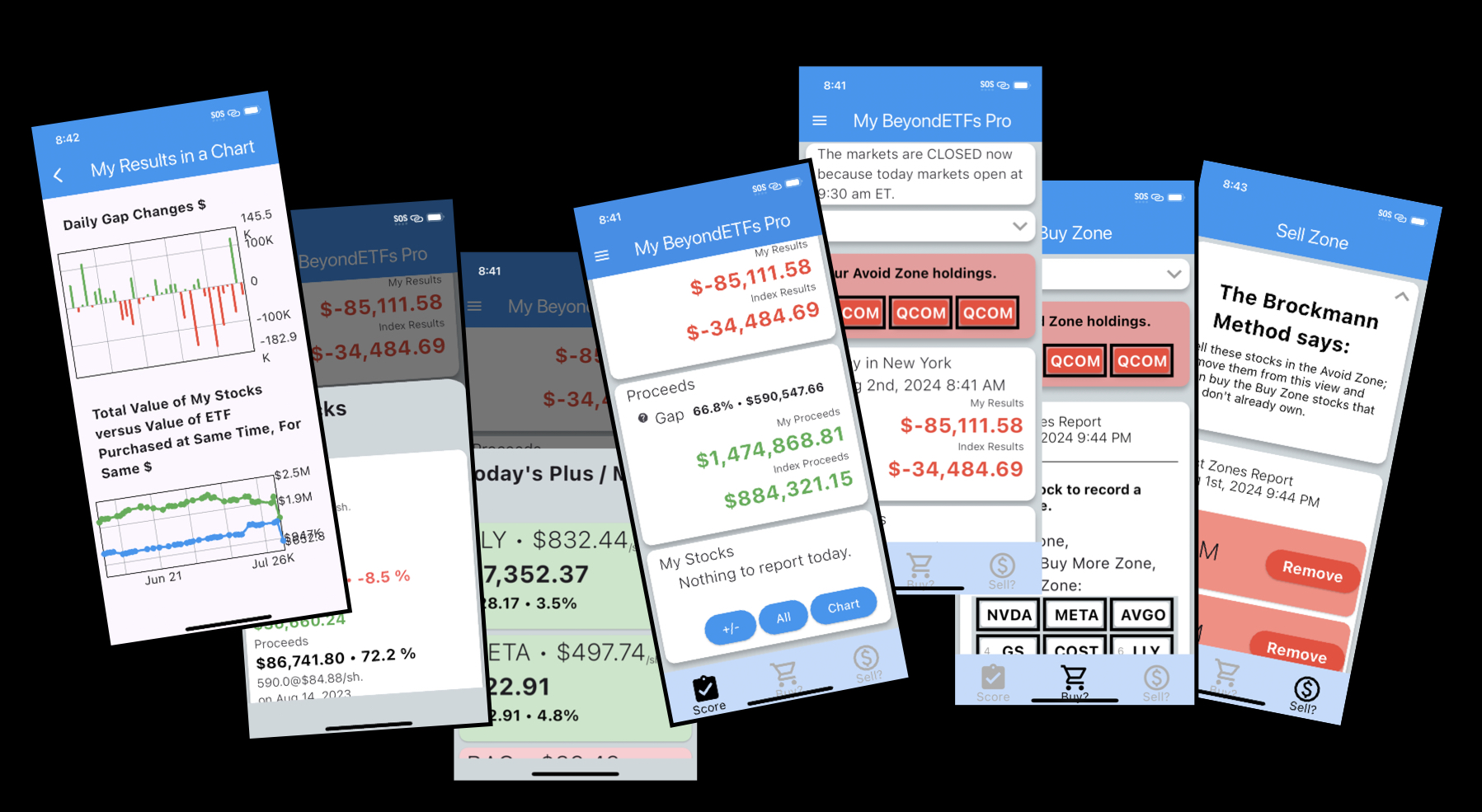 I’ve been a big fan of collaboration and competition to motivate people to strive for the impossible. But, the idea of prize money? Surely the riches that accrue to the founders of the most spectacular startups over the past three decades as their companies grew and grew ought to be enough… and for many problems in the software, hardware, computing and communications spaces that works.
I’ve been a big fan of collaboration and competition to motivate people to strive for the impossible. But, the idea of prize money? Surely the riches that accrue to the founders of the most spectacular startups over the past three decades as their companies grew and grew ought to be enough… and for many problems in the software, hardware, computing and communications spaces that works.
But, what about uneconomic problems or society-wide problems? Can amateurs or industry outsiders really make a difference?
You bet they can.
A recent article in The Economist about social innovation and another article about the history of big innovation spurned onwards by big prizes provides much food for thought. Prizes to spur competition in creating novel solutions to previously uneconomic problems have been around for 300 years. The British government offered a cash prize to the first to create a reliable way to determine longitude in 1714. Napoleon offered prize money to preserve food for his army in 1795 which led to the canning method in widespread use today. And, more recently the x Prize Foundation offered and paid the Ansari x Prize of $10 million to the team that successfully flew a reusable spacecraft 100 km into space twice within a two week period. The idea of competing to win the Ansari prize spurred $100 million in investments by all the challengers. Certainly better spent than strictly relying on government bureaucracy.
Other prizes available include the $10 million Progressive Automotive x Prize for cars that are capable of achieving at least 100 mpg. The Gates Foundation and several governments are picking up the challenge by offering prizes to find cures to nasty developing world diseases that were not previously economically viable for pharma research the old fashioned way. They’re putting up $1.5 billion and working with the InnoCentive which is an online intermediary offering the tools to operate their own innovation contest.
Prizes for creating
As a creative professional of sorts, I’ve known that brainstorming works best when people from outside the established industry or space get involved, and prize winning problem solving is no different. Research by Karim Lakhani of the Harvard Business School confirms this.
NASA’s been playing in this sphere too. The lunar lander was a contest that was more cost effective than classic procurement methods as was a recent contest to redesign the space suits glove. An unemployed engineer won that prize.
Netflix offered $1 million to anyone who could do a better job at making movie recommendations than its own internally developed algorithm. There were 55,000 entries! The winning team of seven collaborated online and never met except to claim the prize.
Without having read the contest rules, I would think that all those submitted algorithms became the intellectual property of Netflix. If so, it could choose to experiment among this rich library or offer them to the market as a professional service for other firms offering recommendations for non-movie products like books, food, music or clothing. In any event, $1 million might sound like a lot, but it is only the wages of 8-10 software developers for a year. It certainly gained a deep focus on it’s core competency.
Despite these anecdotes, the real prize should remain the potential of commercializing the innovation and stimulating commercial success.






